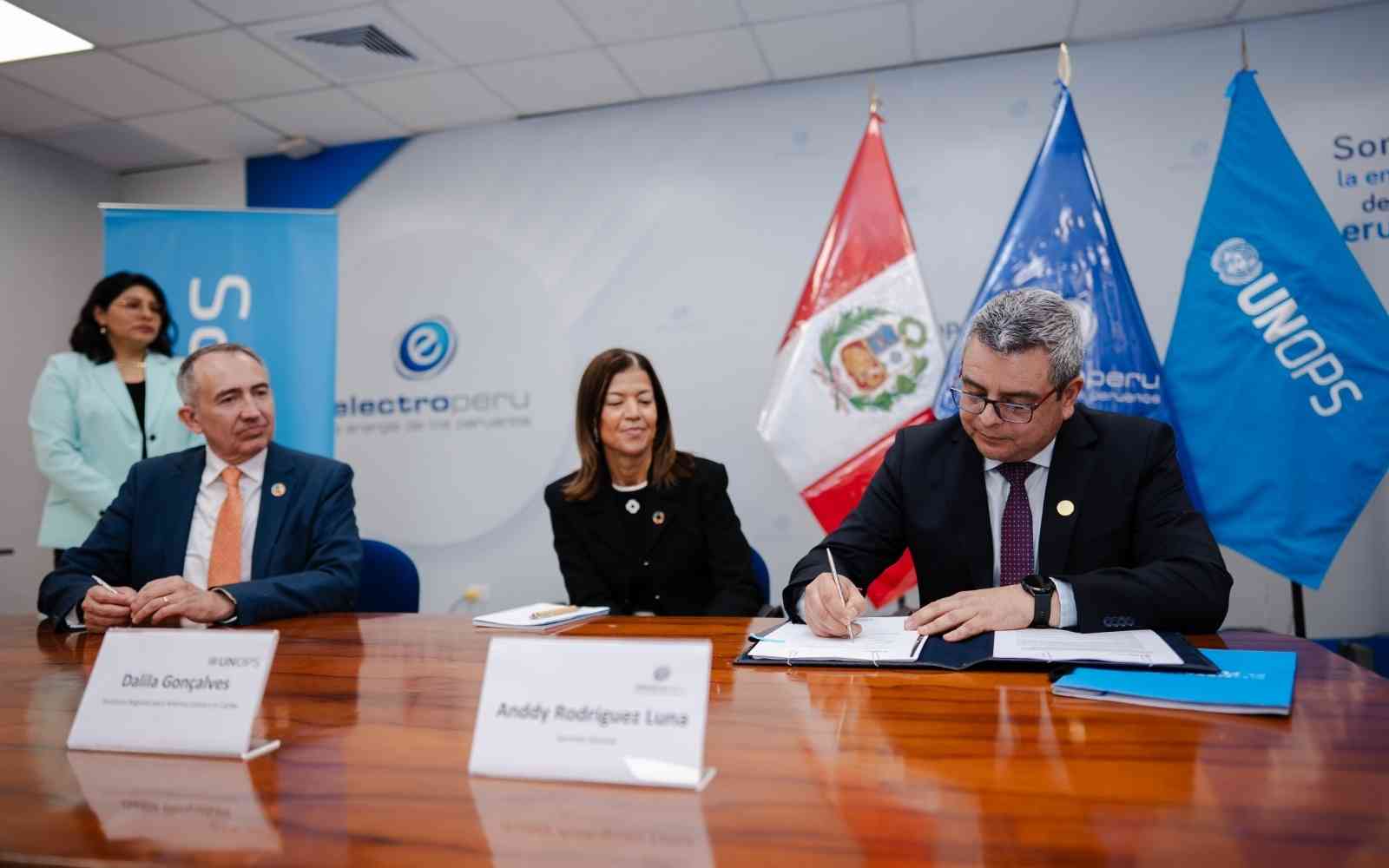The United Nations Office for Project Services (UNOPS)
A new network of 'Possibilities'

UNOPS launches its new ‘Possibilities Portal,’ bringing innovation to the fore to help empower small and medium-sized enterprises (SMEs) around the world.
"The 'Possibilities Portal' is about thinking beyond the here and now to focus on what could be," said UNOPS Procurement Director, Patricia Moser.
"It's an acknowledgement that some of the best innovation coming out of the private sector rests in the hands of small and medium-sized business; this Portal gives them an ability to be present in a competitive space, while also allowing the UN to potentially benefit from innovation in goods and services."
The 'Possibilities Portal' is about thinking beyond the here and now to focus on what could be.
The new platform is accessible via UNOPS website and open to SMEs all around the world, particularly those considered traditionally disadvantaged such as women- and youth-owned businesses.
Through the Portal, SMEs provide insight into how their product or service can impact UNOPS projects through the uniqueness of their approach.
Submissions are evaluated by a dedicated panel from various functional groups within the organization, to determine how innovative the product or service is for humanitarian and development contexts.
Successful SMEs are then invited to showcase their product or service to relevant units within UNOPS.
Selected businesses will be listed in the Possibilities Database, accessible to procurement personnel within UNOPS.
Additionally, SMEs will get a chance to highlight their solutions directly to UNOPS buyers, allowing them to identify new approaches to meeting the organization's requirements.
In 2016, UNOPS procured around $900 million worth of goods and services from more than 5,000 vendors, to support the more than 900 projects delivered on the ground.
In the same year, more than $400 million worth of overall procurement activities took place in the country where the project was being undertaken, which helped to support local economies.











